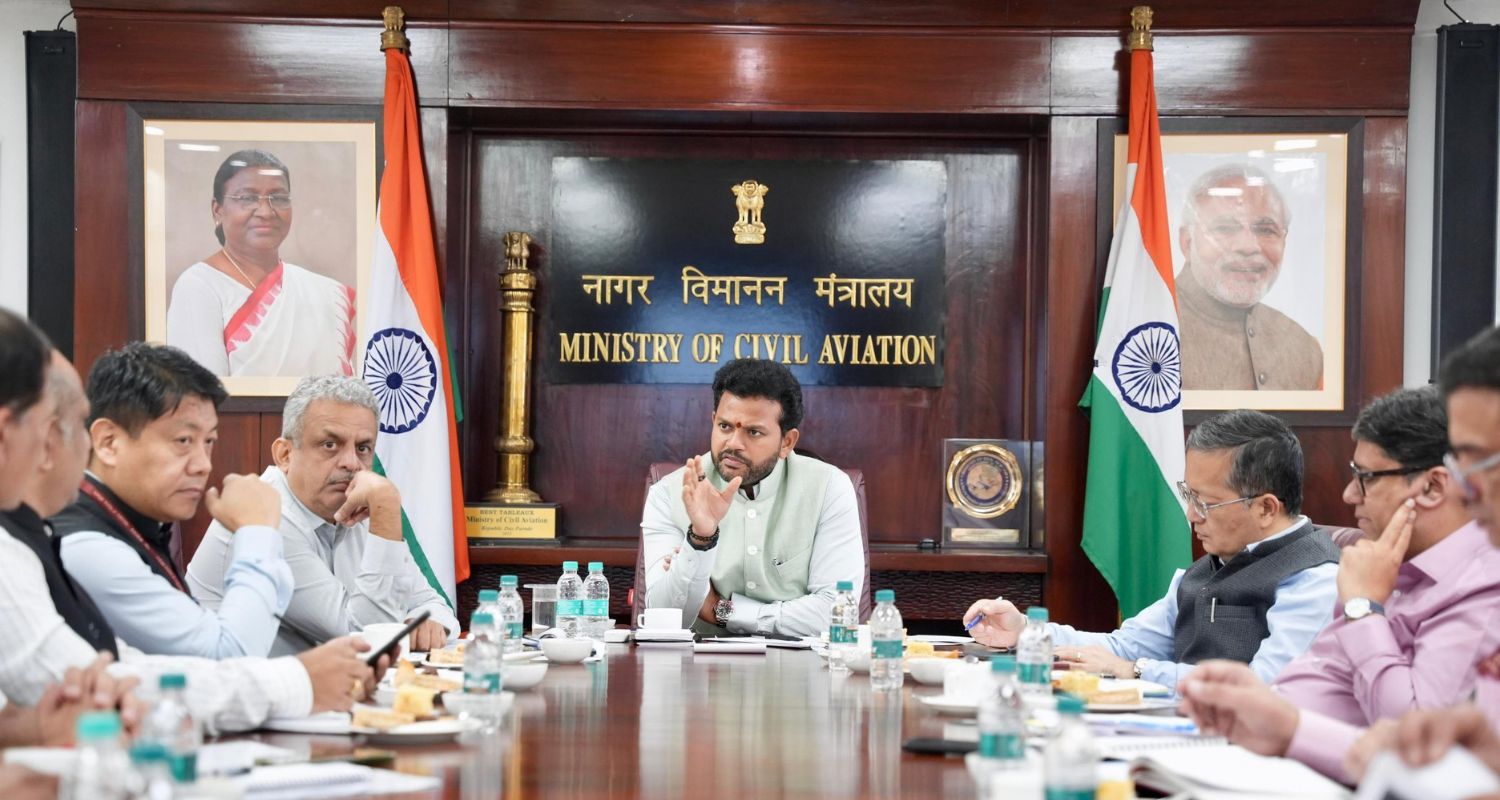In a landmark move to elevate aviation safety in India, the Directorate General of Civil Aviation (DGCA) has rolled out a Comprehensive Special Audit initiative under General Safety Circular 01 of 2025. This initiative represents a major shift from the traditional, compartmentalised model of regulatory oversight to a more integrated, risk-based, and performance-driven approach—aimed at providing a 360-degree assessment of the nation's aviation ecosystem.
The audit aligns with international best practices drawn from the International Civil Aviation Organisation (ICAO), the Universal Safety Oversight Audit Programme (USOAP), and India's National Aviation Safety Plan, positioning India’s regulatory mechanisms on par with global aviation safety benchmarks. DGCA’s goal is to build a safe, efficient, and sustainable aviation environment, capable of supporting the sector's rapid growth and increasing complexity.

Unlike routine safety inspections, this special audit is expansive in scope. It will be conducted across a wide spectrum of aviation stakeholders, including scheduled and non-scheduled air operators, private airlines, Maintenance, Repair, and Overhaul (MRO) organisations, Approved Training Organisations (ATOs), Flying Training Organisations (FTOs), Air Navigation Service Providers (ANSPs), aerodrome operators, and Ground Handling Agencies (GHAs). The initiative also extends to support systems, including technology providers, emergency response systems, supply chains, and regulatory coordination bodies—ensuring a holistic evaluation of the interconnected components that shape India’s aviation sector.
According to the DGCA’s official communication, the audits will be carried out by multidisciplinary teams comprising senior DGCA officials and domain experts. The methodology includes document review, on-site inspections, staff interviews, and trend analysis of safety data. Findings will be categorised by severity, and entities will be mandated to submit a Corrective Action Plan (CAP) within 15 days of audit closure. Depending on the level of risk, compliance deadlines will vary between 7 to 90 days. Failure to comply may invite escalating enforcement actions—from official warnings and monetary penalties to suspension of operational licenses.
Also Read: DGCA clears Boeing 787 fleet, raises maintenance concerns
The audit framework is structured into three distinct phases. The Pre-Audit Phase (lasting 5–7 days) involves intelligence gathering, stakeholder consultation, risk profiling, and audit planning. This is followed by the On-Site Audit Phase (3–5 days), which begins with a formal opening meeting, followed by in-depth inspections, interviews, process observations, and daily debriefs. The Post-Audit Phase (10–15 days) includes validation of findings, comprehensive risk assessment, preparation of the final report, and public disclosure of results. This structured approach ensures transparency, stakeholder engagement, and accountability throughout the process.
Special audits may be triggered by major safety incidents, regulatory non-compliance, or international audit findings. However, the DGCA will also proactively schedule annual system-wide audits to pre-empt potential safety risks and ensure continual oversight. The agency has pledged to uphold transparency, confidentiality, and procedural fairness, with entities having the right to appeal findings or enforcement actions.
With the Comprehensive Special Audit initiative now in immediate effect, the DGCA aims to not only comply with international standards but to set new benchmarks in aviation safety oversight. This bold regulatory step underscores India's intent to build a world-class aviation infrastructure—resilient, accountable, and future-ready.
Also Read: DGCA removes 3 Air India staff after breach



